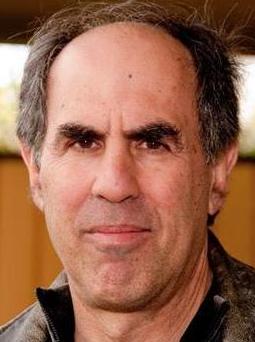Tesla Playing with Fire

Do Tesla and Toyota really want to be organized by a union that owns their major competitors?
The Tesla-Toyota joint venture could be a turning point for manufacturing in California. But Tesla CEO Elon Musk is playing with fire by entertaining the possibility that his struggling new company could be organized by the UAW.
Asked about his posture toward the United Auto Workers, which had represented Nummi's rank-and-file, Musk said, "on the question of the union we're neutral," adding that Tesla would neither encourage nor oppose workers organizing. [S.F. Chronicle 5/21/10]
The problem for Tesla is not so much UAW's local leadership in Fremont, which has often been cooperative. The problem is the national UAW, which has repeatedly helped squash attempts at innovation in the unionized sector of the auto industry. The Wall Street Journal's Paul Ingrassia has reported (in his book, Crash Course) on the national UAW's conscious decision to kill of GM's promising Saturn experiment in Spring Hill, Tennessee. And This American Life recently ran an excellent report on how the GM/UAW Detroit bureaucracy resisted efforts to spread cooperative labor practices from the NUMMI plant itself.
At UAW-organized plants like the now-closed facility in Van Nuys, California--as This American Life documents--the union didn't like cooperating with management to produce better cars because that threatened existing seniority ladders and undermined the workers' adversarial relationship--encouraging them to "snitch" on poor performers. The plant is now a big box mall (called "The Plant").
"The UAW is better than it used to be, but it still encourages unnecessary work rules and unnecessary seniority restrictions. It introduces a layer of negotiation, making every decision slower. For a startup like Tesla, that could be fatal. If you were Elon Musk, you shouldn't want the UAW," said Mickey Kaus, Democratic candidate for U.S. Senate, who opposes federal legislation to make it easier for unions to organize workers without having to go through a secret ballot. The problem is actually worse than that, Kaus argued, because after the 2009 bailout the UAW is now the part-owner of two of Tesla and Toyota's main Detroit competitors, General Motors and Chrysler. (The union owns nearly 20% of GM and over 50% of Chrysler.)
"Is it in the national union's interest to help Toyota's Tesla venture succeed, even if it means the UAW's stake in GM and Chrysler loses its value? Or will the union decide to cripple Tesla like it crippled Saturn? California's workers can't trust the national U.A.W. on this," said Kaus.
"It's a decision similar to the one Honda faced when starting its Marysville, Ohio plant. Honda's corporate leadership was open to being organized, just like Musk, but its local leaders rebelled. The U.A.W. gave up, and Honda's non-union venture was spectacularly successful, bringing thousands of well-paying jobs to the Midwest. It might have been very different if Honda had given in. Tesla and Toyota face a similar decision point today," Kaus argued.
"All across America, non-union auto factories are succeeding-- creating good jobs paying decent wages--while U.A.W. firms fail and require massive taxpayer bailouts. The choice seems pretty clear."
"Democrats like Barbara Boxer who think that more UAW-style unionism is the tonic the economy needs are willfully ignoring the lesson of the auto industry."
— Mickey Kaus (Mickey_Kaus@msn.com)
|

![]()
![]()